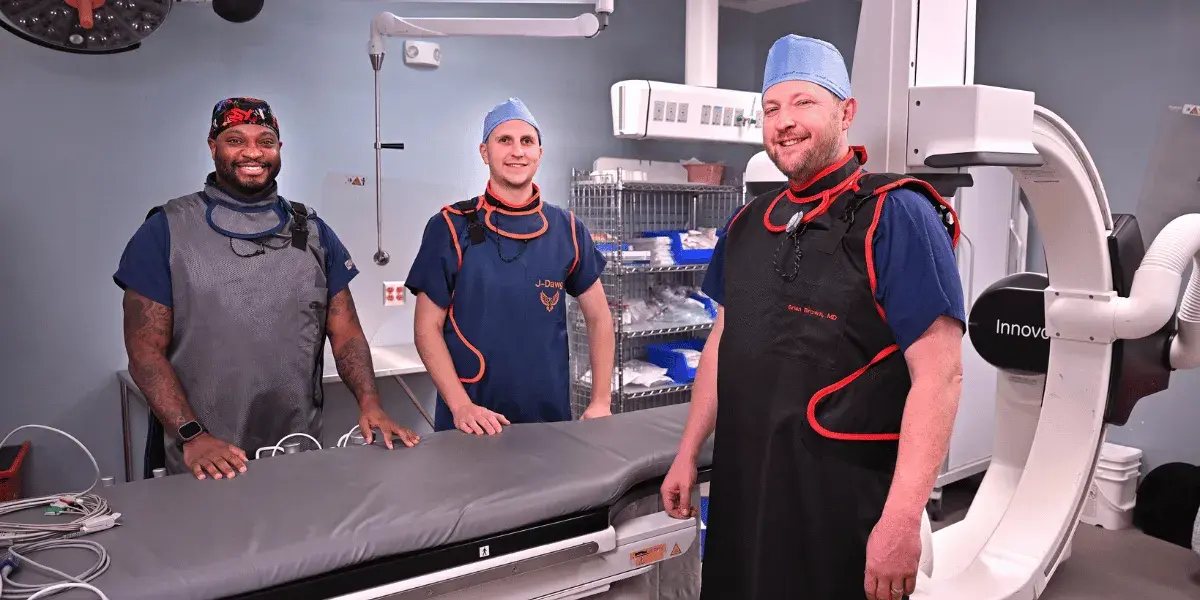
Know the signs and symptoms of ovarian cancer
Ovarian cancer can be difficult to diagnose simply because there is no effective screening for ovarian cancer.
Common symptoms of ovarian cancer include bloating, pelvic or abdominal pain, difficulty eating, feeling full quickly and urinary symptoms such as urinating frequency. Less common symptoms can include fatigue, indigestion, constipation, back pain, pain with intercourse and menstrual irregularities.
Unfortunately, many of these symptoms can mimic a variety of common conditions such as bloating, gas pain, acid reflux and weight gain. That is why most ovarian cancers are diagnosed at stage 3.
If these symptoms are not relieved with typical interventions, last more than two weeks or if they are accompanied by pelvic pain, patients should see a gynecologist or primary care physician and ask about ovarian cancer, including testing by CT scan or ultrasound.
“I tell patients all the time that they're in control. They can change doctors or facilities and always get a second opinion,” said Dr. Carlton Schwab, a gynecologic oncologist at Gibbs Cancer Center.
Patients should never feel shame about seeking a second opinion, he said.
Should a cancer diagnosis occur, Gibbs Cancer Center providers are here to help through advanced interventions that include combinations of chemotherapy and surgery.
The use of PARP inhibitors, a targeted cancer drug, has changed the way gynecological cancer patients can recover and thrive in remission, Dr. Schwab said.
“PARP inhibitors have truly changed the way we manage ovarian cancer, providing a significant improvement in progression-free survival,” Dr. Schwab said. “We help determine whether patients are candidates for surgery or chemotherapy.”
In addition, all tumors that are ovarian cancers are sent for next-generation sequencing, which looks at the DNA makeup of the tumor itself to determine if patients are potential candidates for targeted therapy, Dr. Schwab said.
“All cancer patients should understand that they’re in control of their treatment and their disease process in that they can determine what is going to be done next,” Dr. Schwab said.
If you are dealing with symptoms consistent with ovarian or uterine cancer, speak with your primary care provider or gynecologist today.
For help getting a referral or finding a second opinion, call 855-DNA-GIBBS.












